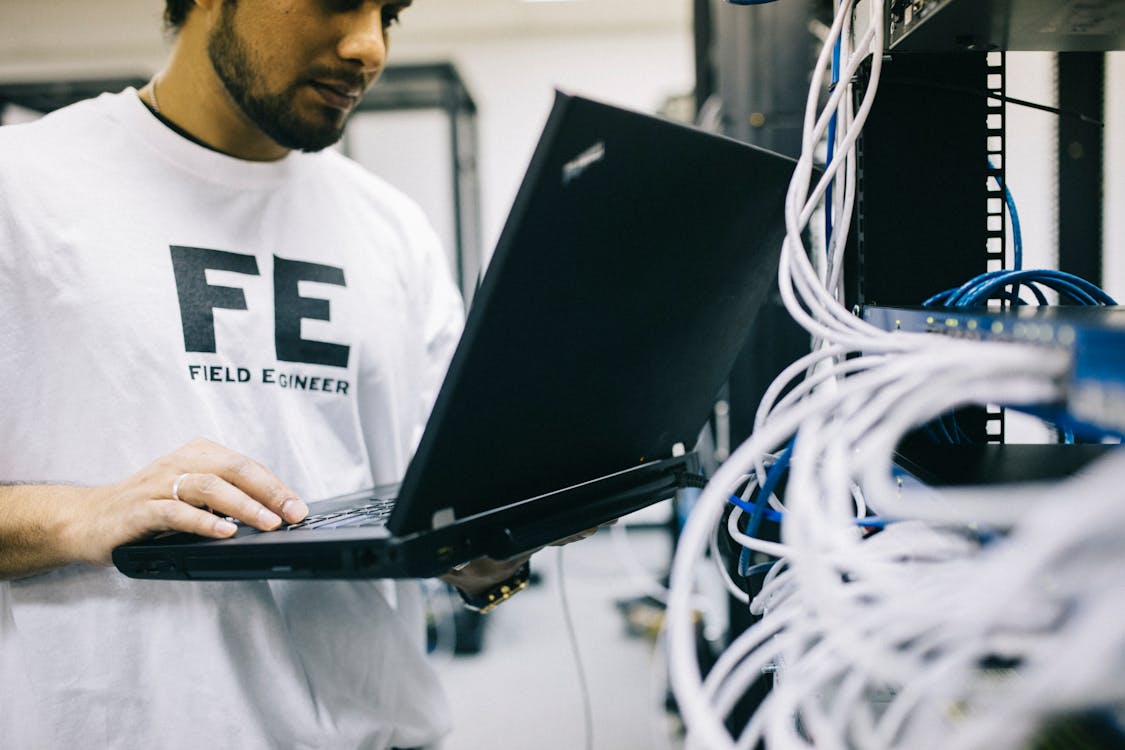Artificial Intelligence (AI) has evolved rapidly in recent years, transforming the way we interact with technology and impacting various industries. Its ability to mimic human intelligence and perform tasks that were once considered beyond the reach of machines has opened up countless possibilities. In this article, we will explore ten practical applications of artificial intelligence across different sectors.
Healthcare Diagnostics and Predictions

AI has made significant strides in healthcare, particularly in diagnostics and predicting diseases. Machine learning algorithms can analyze medical images, such as X-rays and MRIs, to detect abnormalities and assist radiologists in making more accurate diagnoses. Additionally, AI can analyze patient data to predict disease outbreaks and identify individuals at risk, enabling early interventions.
Autonomous Vehicles guided by Artificial intelligence
Self-driving cars are a prominent example of AI in action. AI-powered sensors, cameras, and algorithms enable these vehicles to perceive their surroundings, navigate safely, and make real-time decisions. Companies like Tesla and Waymo are at the forefront of developing autonomous vehicle technology, with the potential to revolutionize transportation.
Natural Language Processing (NLP)

NLP is a branch of AI that focuses on the interaction between computers and human language. AI-powered chatbots and virtual assistants like Siri, Alexa, and Google Assistant use NLP to understand and respond to natural language queries. In addition to voice assistants, NLP is employed in sentiment analysis, language translation, and content summarization.
E-commerce Recommendations
AI algorithms play a crucial role in e-commerce platforms by analyzing user behavior and preferences to provide personalized product recommendations. Amazon’s recommendation engine, for instance, uses AI to suggest products based on past purchases and browsing history. This leads to increased customer satisfaction and higher sales.
Financial Fraud Detection

In the financial industry, AI is employed to detect fraudulent activities in real time. Machine learning algorithms analyze transaction data to identify unusual patterns and flag potentially fraudulent transactions. This helps financial institutions prevent unauthorized transactions and protect customers’ accounts.
Content Creation and Automation
AI-driven content creation tools are gaining popularity, especially in marketing and journalism. These tools can generate written articles, reports, and marketing copy quickly and efficiently. While they are not entirely replacing human writers, they can assist in content generation and automate repetitive tasks.
Predictive Maintenance

AI is transforming maintenance practices in manufacturing and industrial sectors. Predictive maintenance systems use sensors and AI algorithms to monitor machinery and predict when equipment is likely to fail. This allows companies to schedule maintenance proactively, reducing downtime and saving costs.
Climate Change and Environmental Monitoring
AI and machine learning are valuable tools for monitoring and mitigating climate change. They can analyze climate data, predict weather patterns, and model the impact of environmental changes. AI-powered drones and satellite imagery also help track deforestation, wildlife conservation efforts, and disaster response.
Personalized Education

AI is revolutionizing education by providing personalized learning experiences. Intelligent tutoring systems adapt to individual students’ abilities and learning styles, offering customized lessons and feedback. This approach enhances student engagement and helps them progress at their own pace.
Supply Chain Optimization with artificial intelligence
Optimizing supply chains is a complex task, but AI can help streamline the process. AI-driven systems analyze data from various sources to improve demand forecasting, optimize inventory management, and enhance logistics and distribution. This results in reduced costs and improved efficiency for businesses.
Artificial Intelligence has become an integral part of our lives, offering a wide range of practical applications across various industries. From healthcare diagnostics and autonomous vehicles to content creation and climate monitoring, AI continues to evolve and shape the future. As technology advances, we can expect even more innovative uses for AI that will further improve efficiency, accuracy, and our overall quality of life. It is essential to continue exploring and harnessing the potential of AI to address complex challenges and create a brighter future for all.


